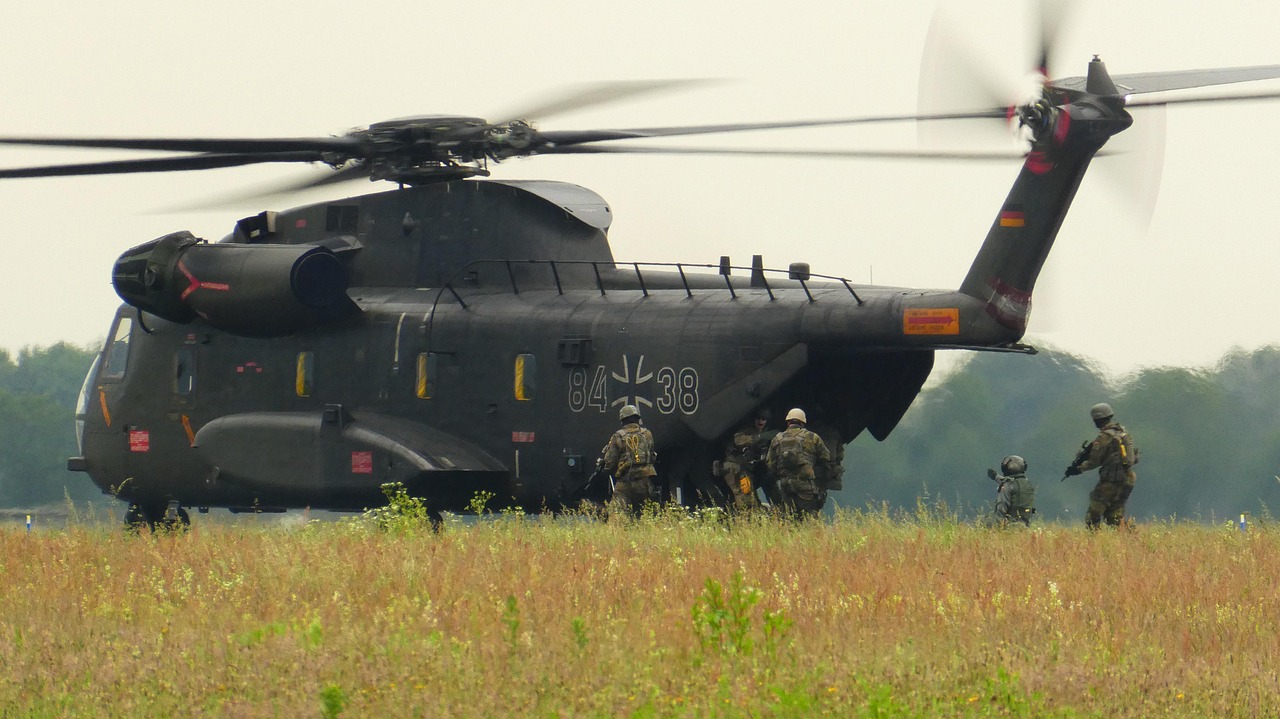1. Longest Period Without a World War in Modern History
The time between World War I (1914-1918) and World War II (1939-1945) was only 21 years. Since 1945, despite Cold War tensions, proxy wars, and regional conflicts, the world has avoided another global-scale war. This is a testament to how much societies have learned from the past.
2. Growth of International Institutions
Organizations like the United Nations (UN), NATO, and the European Union (EU) have played a key role in promoting diplomacy, economic cooperation, and conflict resolution, reducing the likelihood of all-out war between major powers.
3. Economic Interdependence as a Deterrent
Globalization and trade have created economic ties between countries, making war less desirable. Nations now recognize that cooperation leads to prosperity, while war leads to destruction. The rise of international trade agreements has reinforced this peace.
4. Shift in Warfare and Conflict Resolution
Unlike the past, when direct military confrontations were common, nations now rely more on diplomatic negotiations, sanctions, and cyber warfare rather than large-scale ground wars. This change, while not eliminating conflict, reduces the chances of world wars.
5. Nuclear Deterrence (Mutually Assured Destruction - MAD)
While nuclear weapons are a threat, they have paradoxically prevented global conflicts. The knowledge that a world war could lead to mutual annihilation has acted as a deterrent against large-scale wars.
6. Progress in Human Rights and Global Awareness
There is a stronger international consensus against war crimes, genocide, and aggressive invasions. The world reacts more strongly to aggressors, and leaders are held more accountable than ever before.
7. Continued Hope for a More Peaceful Future
The fact that we have avoided a third world war suggests that humanity is capable of learning from its past mistakes. It doesn't mean war has disappeared, but it does mean that large-scale global cooperation is possible. If we continue on this trajectory, we can focus on solving other pressing global issues—climate change, poverty, and technological advancements—rather than engaging in destructive wars.
While challenges remain, the last 80 years of relative peace on a global scale should give us hope that diplomacy, cooperation, and collective security efforts can continue to prevent another world war


